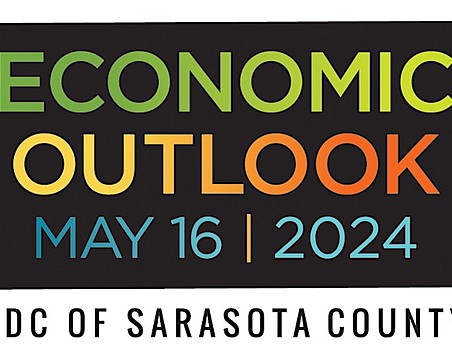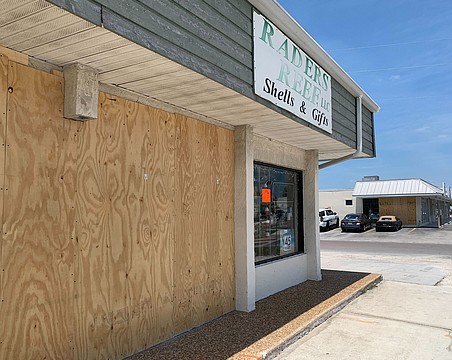Even some of the biggest companies in the region need a nudge now and then to improve on an initiative that's been a corporate mainstay for decades: recycling.
Executives at three of those companies —Bealls Inc., Rooms to Go and Publix — chatted about recycling recently at a Florida Recycling Partnership workshop held at Bealls corporate headquarters in Bradenton. Combined, the three companies did nearly $40 billion in sales in 2017 ($34 billion at Publix) and are among the 25 largest companies in the Business Observer's 2018 Top 500.
But big sales doesn't mean recycling is a cinch.
Karl Berven, director of corporate services for Bealls, says for starters it requires some innovation. When hangers were stacking up in the warehouse, for example, Bealls decided to recycle them by selling them back to the company it buys them from. The retailer did the same with plastic totes for clothing. When they break, the boxes are sent back to the company Bealls purchases them from, where they are melted down to create new totes.
Kevin Smith, recycle manager for Seffner-based Rooms to Go, says recycling cardboard at the furniture giant has evolved into also recycling Styrofoam. His biggest challenge, he says, is keeping the company’s departments motivated to recycle.
At Publix, meanwhile, recycle and solid waste program manager Kim Brunson says leaders regularly walk through the company’s stores and warehouses looking for recycling opportunities. Publix also has a program for employees to write in asking if something is recyclable. One employee, she says, received a $500 bonus for an idea implemented related to recycling floral buckets.
If she had a recycling magic wand, Brunson says she would want everyone — landscaping companies, cities and counties — to know more about the benefits of composting. That would help create a market for compost materials, for example. Says Brunson: “I would like to live in a world where that’s an everyday occurrence.”






